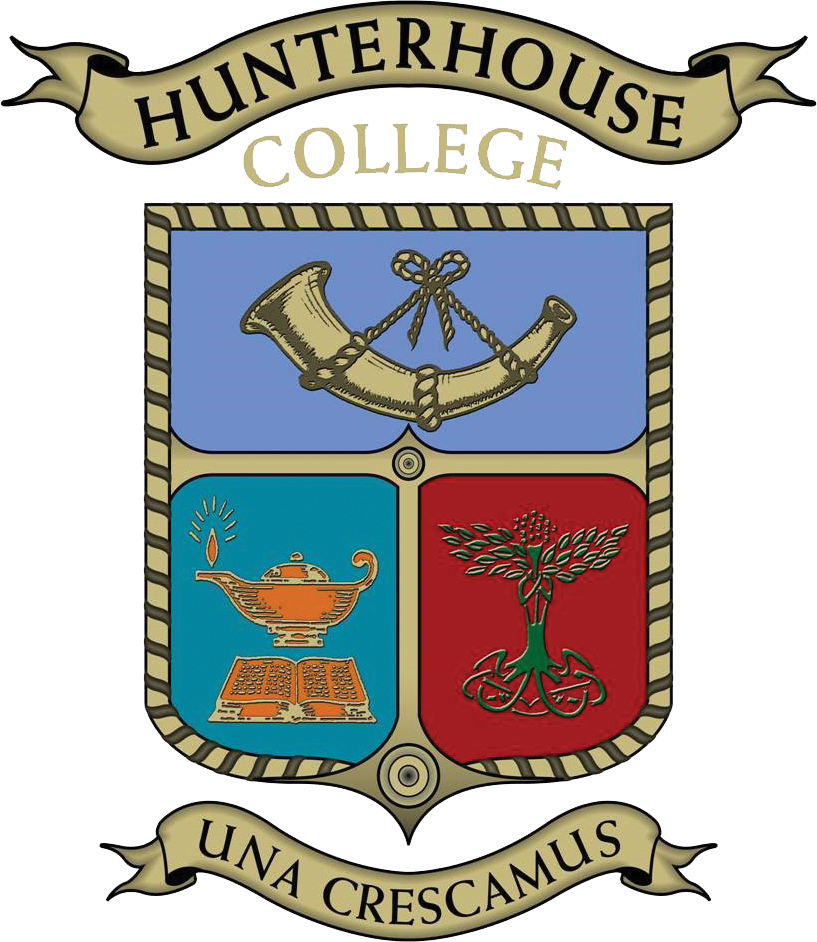Biology
The Biology Department consists of three well-equipped modern laboratories and two prep. rooms.
Biology is taught within Science in Years 8 and 9 and as a separate science in Years 10 to 14.
Biology is the study of living organisms which includes their structure, functioning, origin and evolution, classification, interrelationships and distribution.
At GCSE, Biology is taught as a component of both Single Award Science and Double Award Science.
Biology taught for Single Award Science covers eight topics including cells, food and diet, chromosomes and genes, co-ordination and control, reproductive system, variation and adaptation, disease and body defences and ecological relationships. There is an assessment of practical skills in the form of a controlled assessment which is worth 25% of the GCSE SAS course (this may have a Biology, Chemistry or Physics focus).
Biology taught for Double Award Science covers two modules, ‘Cells, Living Processes and Biodiversity’ and ‘Body Systems, Genetics, Microorganisms and Health’. Module one covers the topics of cells, photosynthesis and plants, nutrition and food tests, enzymes and digestion, the respiratory system, breathing and respiration, nervous system and hormones and ecological relationships and energy flow. ‘Body Systems, Genetics, Microorganisms and Health’ covers the topics of osmosis and plant transport, the circulatory system, reproduction, fertility and contraception, genome, chromosomes, DNA and genetics, variation and natural selection, health, disease, defence mechanisms and treatment. There is an assessment of practical skills in the form of a pre-release practical and a written examination paper completed in Year 12, which together are worth 25% of the GCSE DAS course.
The Advanced Subsidiary GCE in Biology contains sections on molecules, enzymes, viruses, cells, cell physiology, continuity of cells, tissues and organs, transport and exchange mechanisms, the adaptations of organisms, biodiversity and human impact on biodiversity.
The Advanced GCE in Biology contains sections on homeostasis, immunity, co-ordination and control, ecosystems, respiration, photosynthesis, DNA as the genetic code, gene technology, genes and patterns of inheritance, population genetics, Kingdom Plantae, Kingdom Animalia and statistics.
The main skills being tested are factual recall and interpretation of knowledge, planning, problem-solving, data analysis, graphical techniques, photographic interpretation and drawing.
Practical skills are assessed through laboratory work, investigations and an external written examination and will be examined in both AS and A2 level Biology. The assessment of practical skills accounts for 25% of the AS Biology qualification (10% of the A Level). At A2, the assessment of practical skills accounts for 12% of the A2 Biology qualification.
Students taking Biology must be able to carry out disciplined, independent study as a large amount of information must be processed and reading around the subject matter is encouraged. Chemistry and Mathematical skills are useful, particularly in Biochemistry and Statistics, but are not essential.
Career prospects:
Advanced Subsidiary GCE and Advanced GCE Biology can be used in conjunction with other subjects, not necessarily sciences, to gain entry into a wide variety of careers.
Biologically related careers:
Agriculture, Biology, Biochemistry, Conservation, Dentistry, Forestry, Horticulture, Medicine, Nursing, Opthalmics, Physiotherapy, Radiology, Teaching, Veterinary Science.
